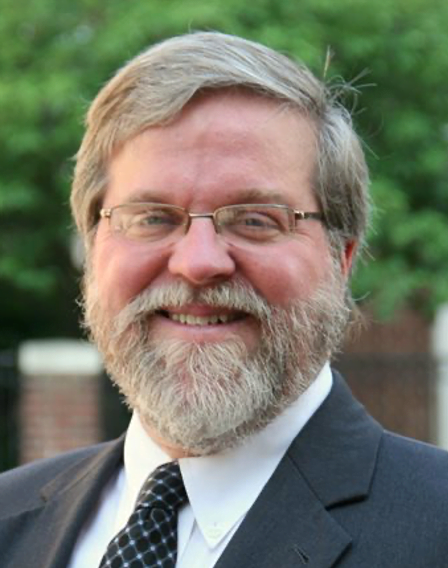
I warn you; you’ll likely not find the following joke as funny as I do. As my wife frequently points out, that’s true of most – if not all – of my jokes.
After several hours of back-breaking work, a new driveway was poured, and began to set. Just then, a large dog ran down the length of the driveway, leaving hundreds of pawprints in its wake. The owner of the house screamed bloody murder at the dog, threw rocks towards it, and would have killed it if it could have been caught. A confused neighbor said to the homeowner, “But I thought you loved dogs?” “I do,” replied the homeowner, “but only in the abstract, not in the concrete!” Okay, I won’t give up my day job.
Sadly, Christians have the same relationship with forgiveness. Yes, it’s a good thing to forgive. It’s a wonderful concept, but only in moderation. Surely it has its limits. And as for forgiveness beyond perfection, beyond counting, beyond measure… well, it’s wonderful in the abstract, but not in the concrete.
Peter’s suggestion of forgiving someone who sins against him “seven times” (vs. 21) is not offering a mere trifle. Seven is the number of perfection in ancient numerology, hence my reference to “beyond perfection, beyond number…” In response, Jesus uses numbers taken from Genesis 4:24 to indicate the limitless of what he has in mind. (“If Cain is avenged sevenfold, truly Lamech seventy-sevenfold.”) “Not seven times, but, I tell you, seventy-seven times” commands Jesus (vs. 22).
Then comes a rather startling (if straight forward) parable, in which a king and subject become a lord and a slave, so that the Church – the Christian community – can see themselves as “fellow slaves” (vs. 29). One talent equals around 10,000 denarii. One hundred denarii equals one day’s wage. 10,000 talents is a mind-blowing sum of money. In contrast, the debt owed to the slave (100 denarii) is, as one scholar points out, “a piddling sum.” The lord may be excessively severe in his demands but is equally extreme in his mercy; while the slave is simply excessive and extreme in what he demands from his fellow slave.
The meaning of the parable is clear. As one scholar puts it (rather concisely), “Christians who live under God’s grace and forgiveness, will be judged by the same God mostly by whether they show the same grace and forgiveness to others.”
To be sure, Christians have for centuries asked themselves if this teaching is to be taken literally. (We tend to do that with texts we don’t like – while interpreting our favorite texts with absolute, literal rigor!) Yet our reluctance to embrace this godly model reveals a deep desire to focus on the other person, the evildoer, the one who hurt us. Yet nowhere in this model is that person freed from the consequence of their acts – this is not a ‘get out of jail free card.’ Instead, the focus is on the aggrieved party to do the only thing that is within their power to do. Not to rewind time, or engage in wishful thinking, or seek a magic wand to make everything right again. Instead, this is a call to let go of anger and hatred; for as the old saying goes, “hatred corrodes the vessel in which it is contained” – which is why God’s forgiveness is so absurdly extravagant. And so, as has been pointed out by wiser folks than me, “I forgive you not because I’m okay with what you did, or consigning to your version of events, but because I have to step away and get back to me. I have to let go. It’s not worth destroying me to prove a point or keep my anger close.”
This endless cycle of forgiveness is so central to Christian discipleship, to the functioning of the messianic community, to the life of the Church, that it forms the core of the very prayer that Jesus taught us to pray: “… and forgive us our debts, as we also have forgiven our debtors” (Mathew 6:12).


